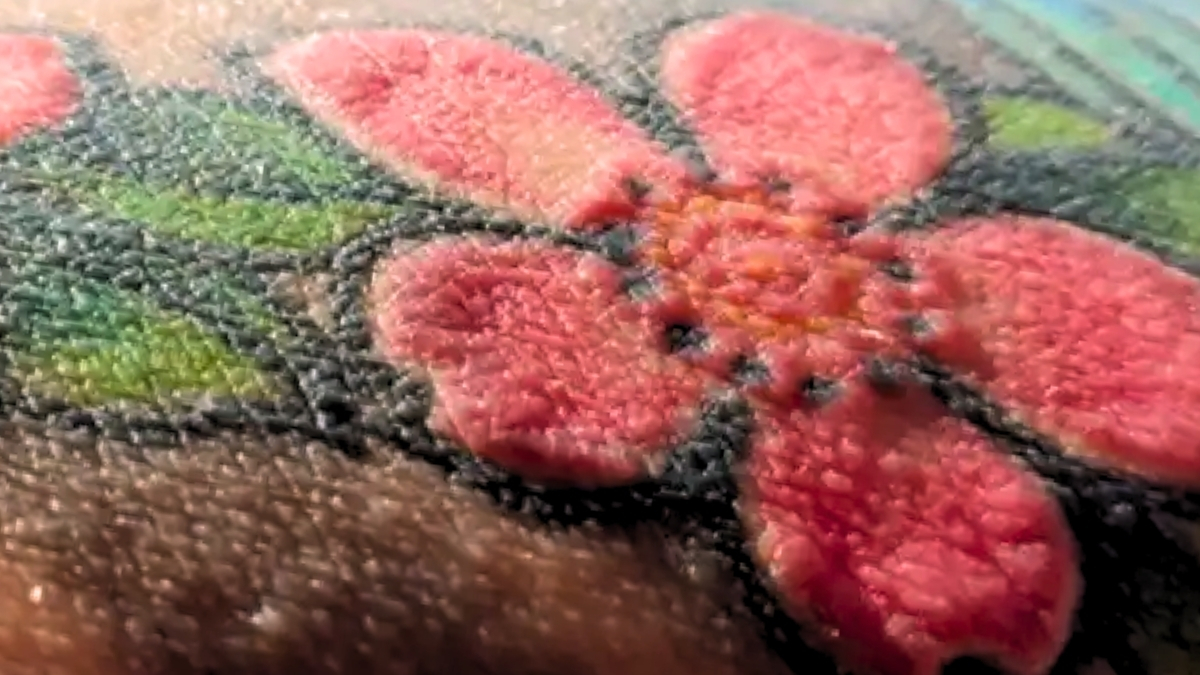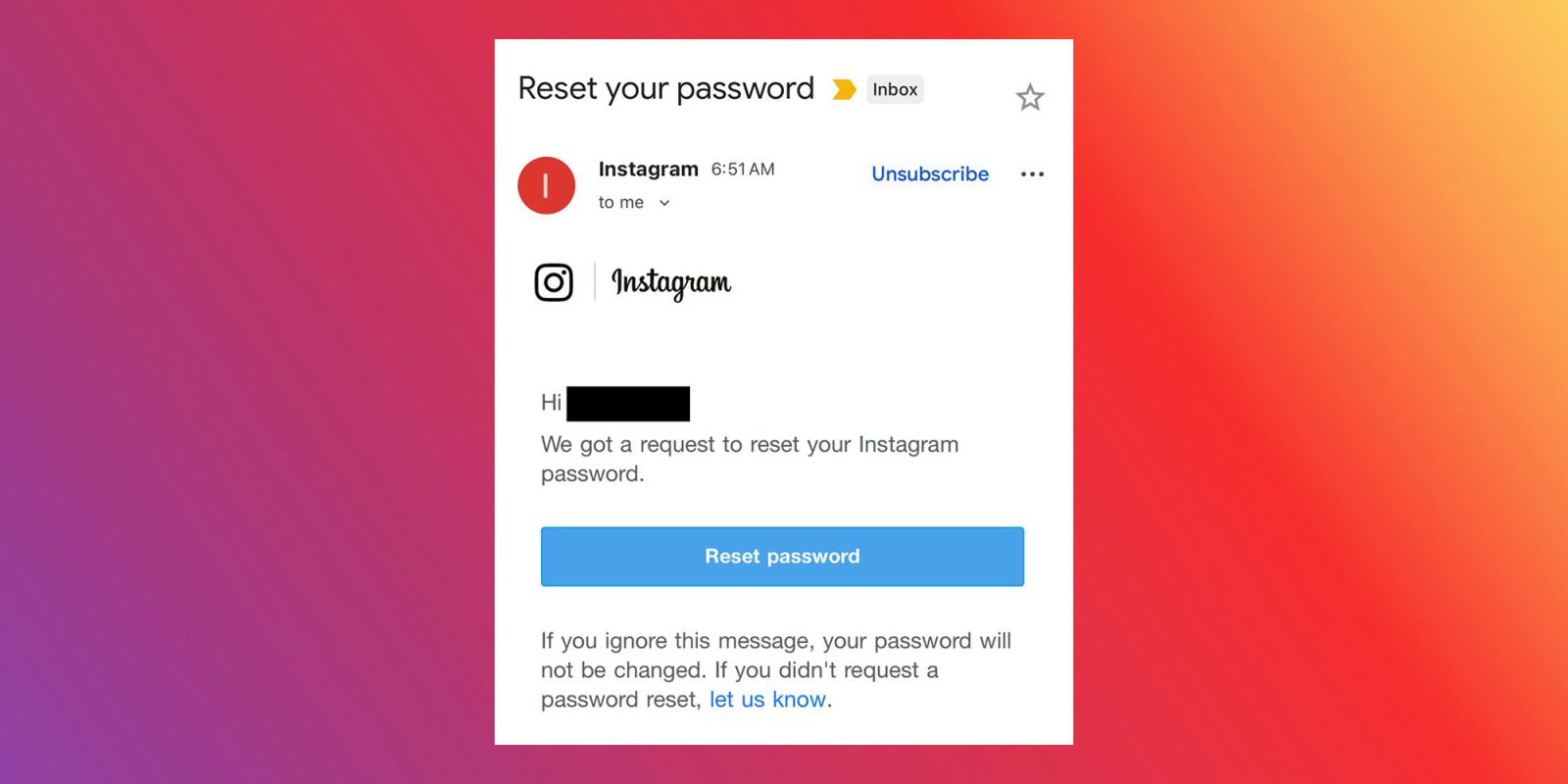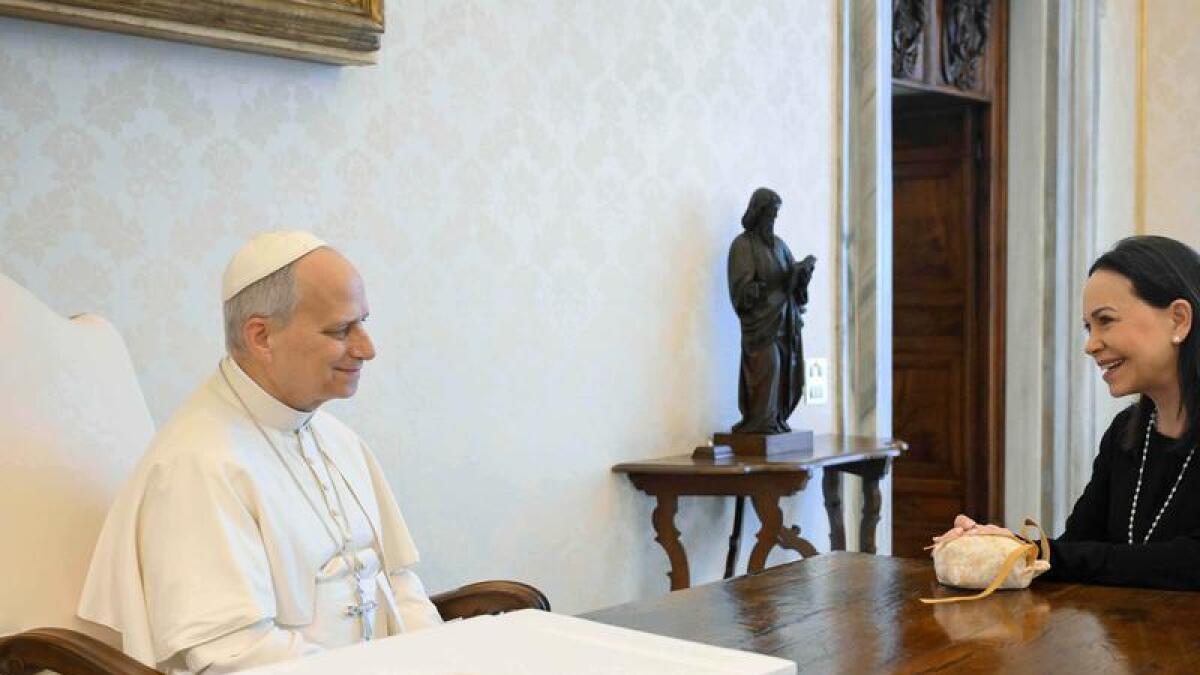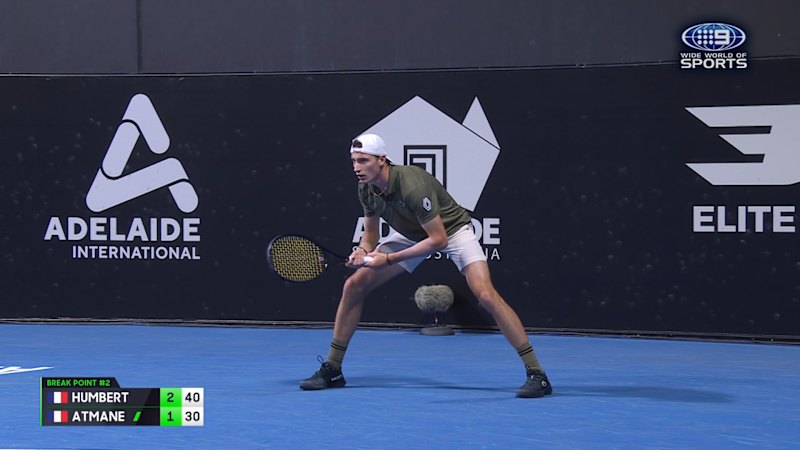
Adrian Barich for STM.
UPDATE: Former Australian football star Adrian Barich emphasizes the critical need for parents to teach children how to handle failure in a heartfelt message shared this week. Speaking to fans in Perth, Barich’s insights come on the heels of a nail-biting sports season, where elite athletes faced the harsh realities of defeat.
In a poignant reflection, Barich recounted a personal experience from 1991 when he played in the historic Grand Final between the West Coast Eagles and Hawthorn, marking the first time a Western Australian team reached the VFL Grand Final. “Dreams shattered,” he recalled, describing the overwhelming sense of loss felt by nearly 100,000 fans at the MCG and millions watching at home.
Barich insists that failure is not a setback but an essential part of growth. “Even legends stuff up,” he stated, urging parents to share stories of their own failures to help children understand that losing is part of life. He illustrated this point with a humorous anecdote about an embarrassing moment at the MCG, where a simple mistake during a game could have led to viral fame if social media had existed at the time.
Barich referenced basketball icon Michael Jordan, quoting, “I’ve missed more than 9,000 shots in my career… I’ve failed over and over and over again in my life. And that is why I succeed.” This powerful message reinforces the notion that resilience is built through overcoming failure, not avoiding it.
The recent Brownlow Medal ceremony highlighted the importance of this lesson, particularly for athletes like Nick Daicos, who faced disappointment despite exceptional performance. Barich noted the look of frustration on Daicos’s face as he missed the award for the third consecutive year, underscoring the reality that sometimes hard work does not yield the expected rewards.
“Sometimes you lose even when you’ve done everything right,” he reminded parents, encouraging them to teach children how to respond to disappointment with grace. “All you can do is smile and say ‘well done,’ even when you feel like flipping the table.”
Barich’s advice is clear: failure is not the opposite of success; it is a vital stepping stone. He advocates for parents to help their children cultivate resilience by reframing their responses to loss. Instead of dismissing feelings of hurt with “It’s okay,” he suggests saying, “I know that hurt. But guess what? We’re not done.”
His message resonates beyond sports, emphasizing the importance of building strong, resilient individuals. “Resilience doesn’t come from winning. It comes from losing well,” Barich stated.
In a world where children face pressures both in sports and academics, Barich’s insights are more relevant than ever. As he wraps up his message, he encourages parents to take their kids out for a treat after a tough loss—“maybe take them on a Macca’s run.”
Next Steps: Parents are urged to engage in open conversations about failure and resilience, ensuring that the next generation is equipped to handle life’s inevitable challenges. As Barich poignantly concludes, “At the end of the day, footy is a game, life is long, and failure? Failure is just the training ground for greatness.”
This vital conversation is ongoing, with parents and educators encouraged to share their experiences and strategies for fostering resilience in children.







